Added on 9/12/2024
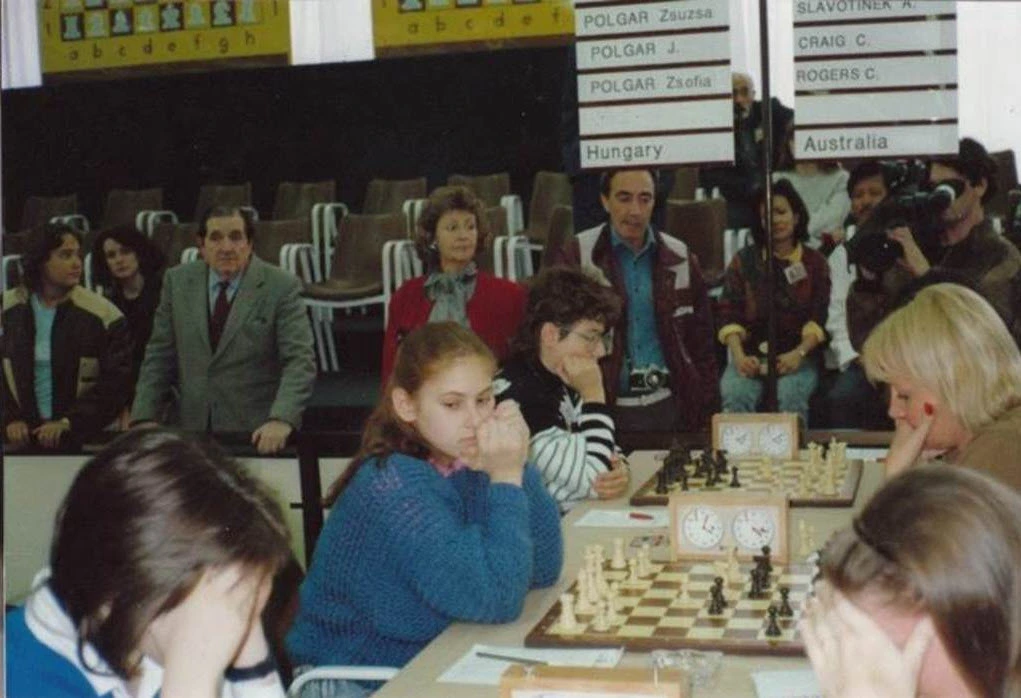
Judit Polgar: the Queen of Budapest
Judit is one of the greatest chess legends and also one of the most celebrated Hungarian athletes. With the Olympiad taking place in her hometown, she is a centre of attraction and a host to all the participants. Everybody wants to get a selfie with -excuse us for the cliché- the Queen of Chess!
Judit Polgar's connection with the Chess Olympiad goes far beyond Budapest 2024. This competition has always played an important role in her career, and recently, she made a series of posts on social media remembering a moment from each of the ten Olympiads where she competed.

While they had already made some headlines, the first time the “Polgar sisters” became a global sensation was during the Thessaloniki Olympiad in 1988. Some journalists noticed a family name repeated three times in the line-up of the Hungarian women’s team. “Are they all sisters?”, they wondered. The surprise turned into astonishment when they also found out the birth date next to each name: Susan, Sofia and Judit were 19, 15 and 12 years old at that time, respectively.
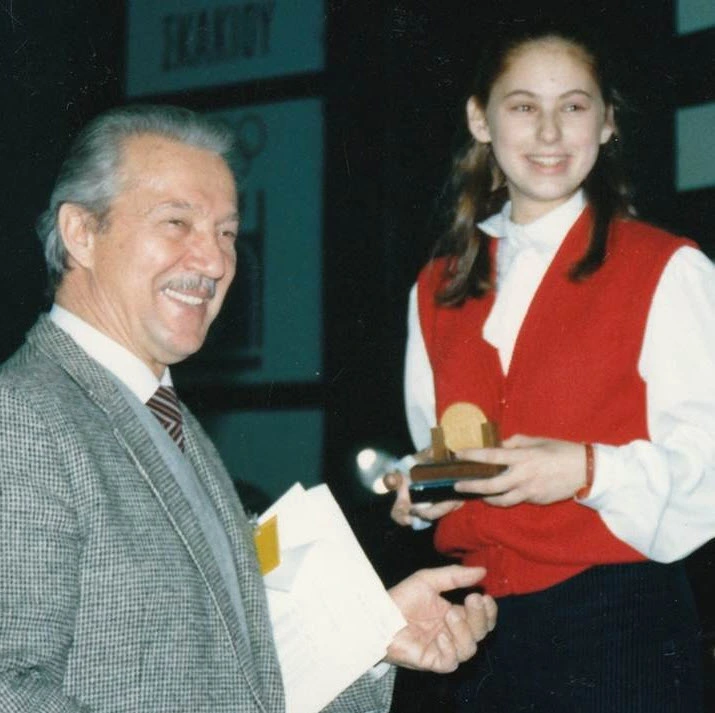
Together with Ildiko Madl, these young chess prodigies stunned the world, winning the gold medal, breaking the hegemony of the Soviet Union, that had dominated this competition for decades. That was extraordinary! Judit was sensational, scoring 12,5 points in 13 games, so she also won the gold medal for the best second board, and the prize to the best game. She took it all!
That’s where her career really took off to become not only the best woman player in history but also one of the biggest chess prodigies ever.
The victorious team from Thessaloniki 1988 successfully defended the title in the next Olympiad, Novi Sad 1990, once again relegating the Soviet Union to second place. Judit added the hashtag “Last Dance” to her post about this competition, because this would be the last time she would play together with her sisters in the women’s competition. In the next Olympiad, Moscow 1994, at 18 years old, she made her debut defending the first board of the Hungarian team in the Open section. And that would be her place for the next two decades. In total, she has won 4 team medals and 4 individual medals, awarded to the top performers in each board.
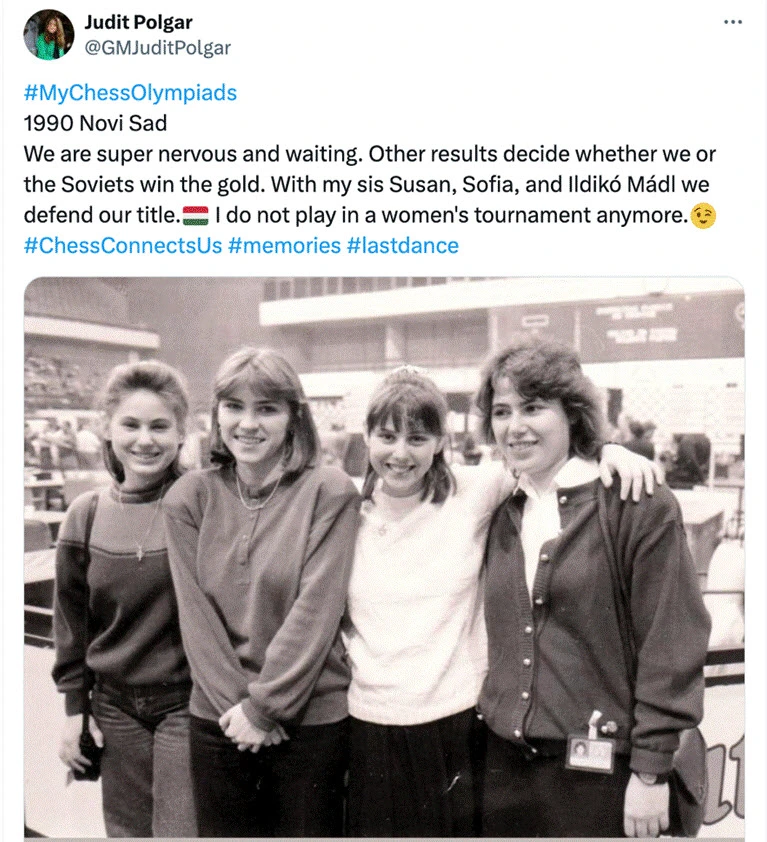
Probably it is no coincidence that Judit chose an Olympiad to say goodbye to her competitive career, an announcement that she made at the conclusion of the Tromsø Chess Olympiad in Norway, 2014. The chess world said goodbye to an absolute trailblazer of a player, but we won a phenomenal chess ambassador that has been working tirelessly to promote the game, in particular through her annual “Global Chess Festival”. The Olympiad in Budapest feels like the culmination of this new stage in her life, and, in many ways, a well-deserved tribute to one of the greatest champions of our game.
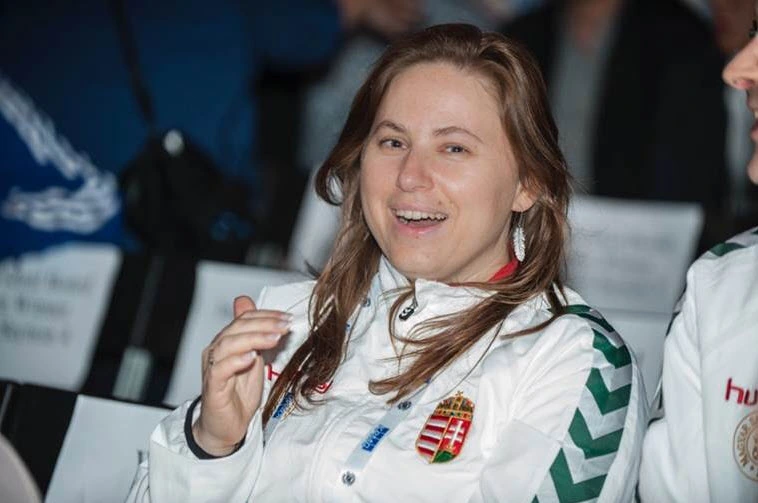
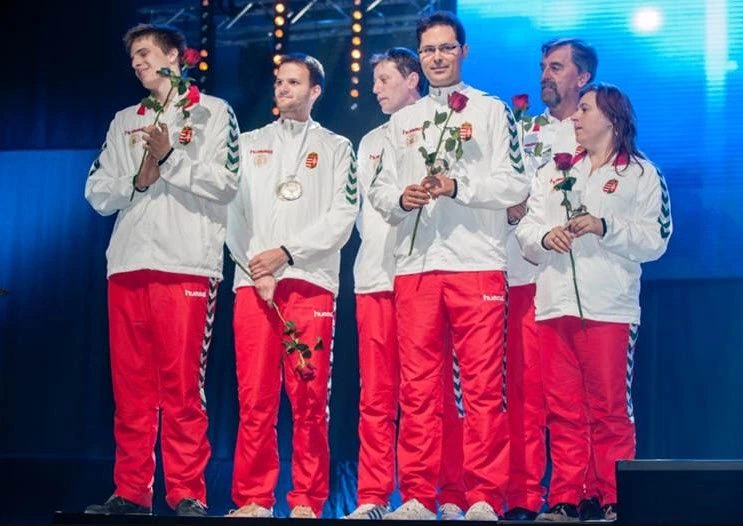
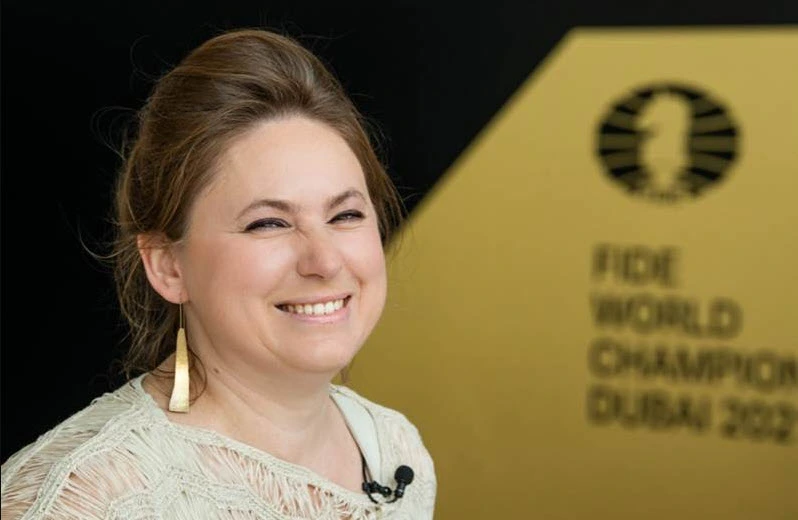
Pictures: Michal Walusza/FIDE (header pictures); David Llada, Judit Polgar’s personal archive.